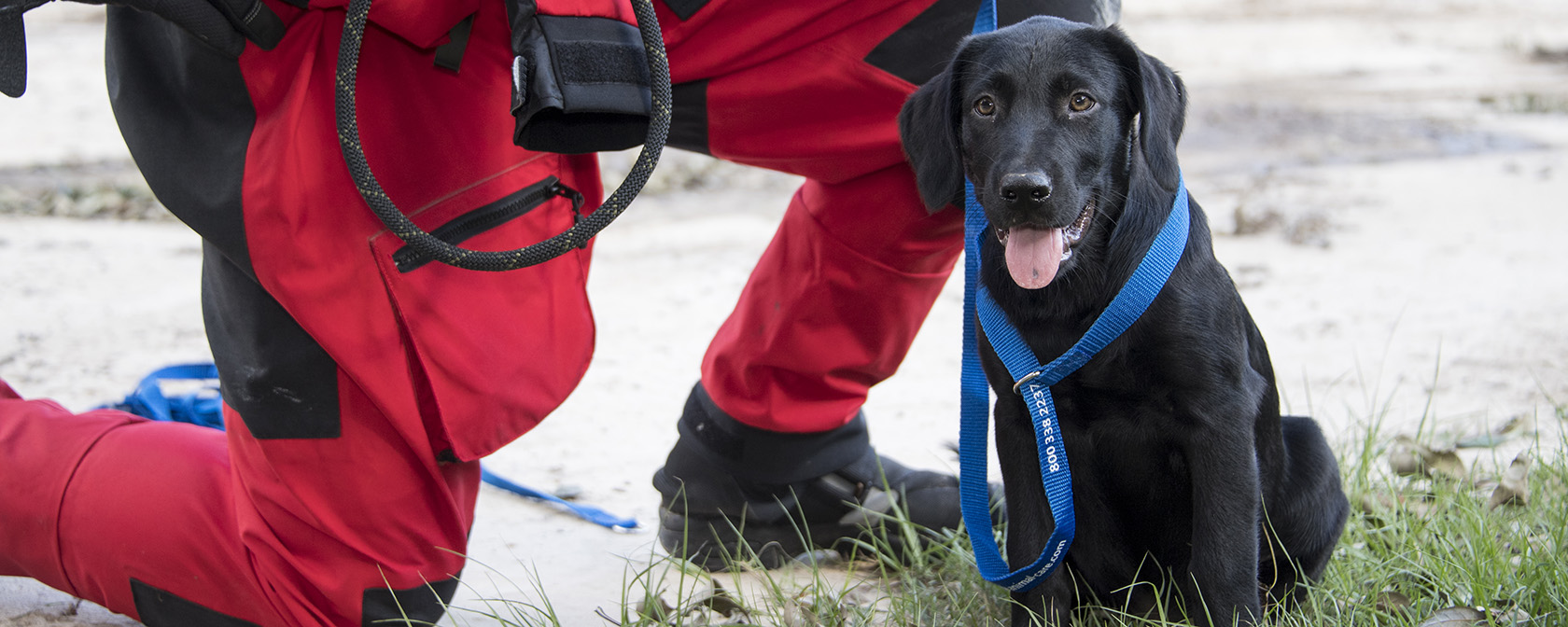By Sara Amundson and Kitty Block
The devastation wrought by the recent deep freeze in Texas is a stark reminder of the urgent need for disaster planning that includes tens of thousands of animals in puppy mills, roadside zoos and other enterprises. Today, to address that need, Representatives Dina Titus, D-Nev., and Rodney Davis, R-Ill., joined by more than 115 cosponsors, have reintroduced a bill to mandate preparedness planning by entities regulated under the Animal Welfare Act.
The Providing Responsible Emergency Plans for Animals at Risk of Emerging Disasters (PREPARED) Act, H.R. 1442, would require entities regulated under the AWA—commercial animal dealers, exhibitors, research laboratories, animal carriers, and other animal-related enterprises—to submit annual contingency plans for the animals in their care during emergencies such as natural disasters, pandemics, power outages and escapes.
With or without a legal requirement, it’s vital that these facilities take on the moral and practical responsibility for their animals in times of risk or danger. They need to think through protocols and practices concerning emergency evacuation, shelter-in-place, alternate food and water sources, sanitation, ventilation and veterinary care in the event of a disaster. The failure to have such a plan in place can not only subject animals to hardship and peril but jeopardize public safety, imposing undue burdens on first responders, local communities and nongovernmental entities called in to assist with rescue efforts.
Many research facilities, zoos and aquariums are already required to submit disaster plans as part of their accreditation process. The PREPARED Act would ensure that unaccredited puppy mills, roadside zoos and other entities also have plans in place and establish a consistent federal requirement for all enterprises subject to the AWA.
A common-sense proposal to require disaster plans for AWA-regulated facilities has been on the table for years. The U.S. Department of Agriculture first proposed a rule in 2008, just two years after passage of the Pet Evacuation and Transportation Safety (PETS) Act, which required states seeking Federal Emergency Management Agency (FEMA) assistance to accommodate pets and service animals in their plans for evacuating residents facing disasters.
The USDA finalized its rule in 2012, with facilities expected to have their plans ready by mid-2013. Unfortunately, in response to a Washington Post story about a magician and his rabbit, which noted concerns about the application of the rule to small businesses, the agency issued a stay of implementation just two days after facilities were supposed to have plans in place.
We worked with Congress to address this concern, and the conference report for the 2014 Farm Bill directed the USDA to lift its stay “without delay” once the agency set a de minimis exemption for facilities with just a few non-dangerous animals (like the magician and his rabbit). USDA established the exemption in June 2018 but has not yet lifted the stay.
In the omnibus appropriations package signed into law in December 2020, Congress set a timeline for USDA to consider lifting its stay on the 2012 final rule. We’re pressing Agriculture Secretary Tom Vilsack to lift the stay without delay, and once the required public comment period opens, we’ll ask your help to urge swift action on the agency’s part.
The PREPARED Act would codify essential elements of the USDA rule, making them permanent law. Its reintroduction with such strong co-sponsorship from Democrats and Republicans sends a clear signal to USDA that it’s time to move this issue forward. We can and should pursue both the rule and passage of the PREPARED Act. The federal government must ensure that regulated enterprises with responsibility for animals take reasonable steps to shield them from danger and harm if and when disaster strikes.
Please take a moment to contact your Representative and ask them to cosponsor the PREPARED Act >>
Kitty Block is President and CEO of the Humane Society of the United States.




